Read about SPH people, research and impact.
SPH Blog

The School graduated 847 students across doctoral, masters, and undergraduate programs.
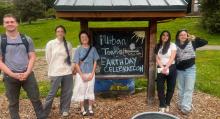
Students partnered with iUrban Teen's Rainier Community Center Garden to create a future design proposal to expand educational tools for Seattle youth.

Epidemiology doctoral graduate Taylor Riley received the 2024 Gilbert S. Omenn Award for Academic Excellence.
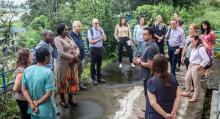
A public health leader in Nepal, Biraj Karmacharya was selected as the 2024 School of Public Health Alumni of Impact Awardee.
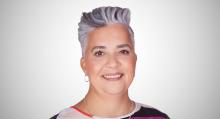
Heidi van Rooyen is an internationally recognized executive leader, social scientist and clinical psychologist.
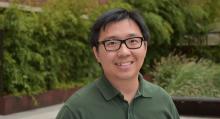
SPH faculty Gary Chan on new study to better understand cardiovascular health and risk factors among AANHPI populations.

MPH Global Health student Amanda Li received the 2024 Gilbert S. Omenn award for master’s students.

Doctoral students Amanda Brumwell and Miriana Duran named 2024-2025 Magnuson Scholars.
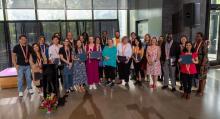
The School of Public Health recognized dozens of students, staff, and faculty at its annual Excellence Awards celebration on May 14, 2024 in the Hans Rosling Center for Population Health.
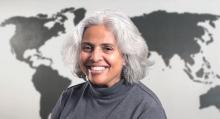
UW SPH faculty Grace John-Stewart honored with the 2024 Marsha L. Landolt Distinguished Graduate Mentor Award.
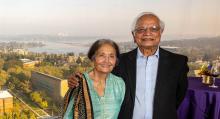
The Varanasi’s hope that early exposure to research will inspire undergraduates in their public health careers.

Undergraduate and graduate public health students are among the 100 students honored university-wide for making the most of their time at the UW
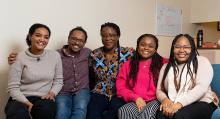
International students are creating community and providing support for their peers

Experiential learning allows SPH students to understand how neighborhoods impact public health
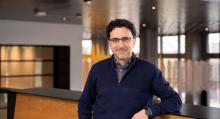
Epidemiology professor Rowhani-Rahbar will lead work on equitable programs, practices and policies that prevent firearm-related harm.
